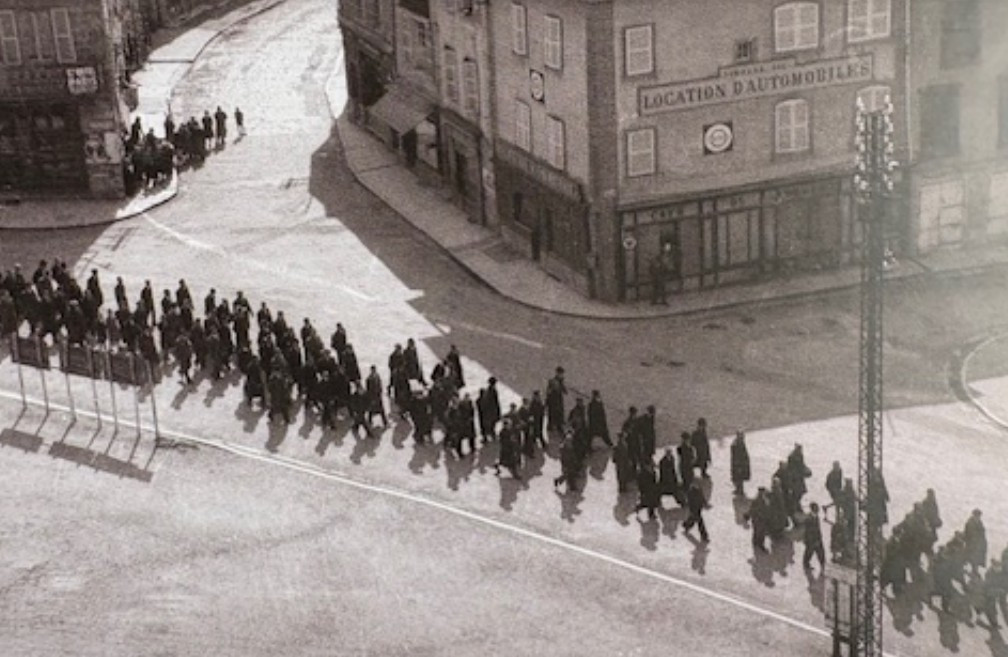New research by Dr Laure Humbert from The University of Manchester and Dr Raphaële Balu from Sorbonne University has revealed how Britain’s vital contribution to the French Resistance during the Second World War was largely forgotten in France – and why this silence lasted for decades.
The study, published in French journal Mouvement Social as part of a special issue on ‘Les invisibles de la Résistance’ [the invisibles in the Resistance] edited by Professor Claire Andrieu, highlights the many ways British men and women supported the Resistance – from sending secret agents behind enemy lines to working side by side with Free French forces in mobile hospitals – and explores why this contribution was not officially celebrated in the aftermath of war.
One striking example is the story of the Hadfield Spears hospital, a Franco-British medical unit set up in 1940 by American philanthropist Mary Spears and Lady Hadfield, with support from the Free French in London. Staffed by British nurses and doctors alongside Free French medics, the hospital followed the troops across campaigns in the Middle East, North Africa, Italy, and finally France. It treated thousands of wounded soldiers and became a symbol of cooperation between the two nations. But in 1945, just after the victory parades in Paris, the unit was suddenly dissolved. Official recognition never came, and its story slipped into obscurity.
Another case examined is that of the Special Operations Executive (SOE), the British service that parachuted around 1,800 agents into occupied France. These men and women risked their lives to arm and advise Resistance fighters, often building strong friendships with local groups. But as liberation came, Charles de Gaulle, keen to re-establish France’s independence, dismissed several of these agents in person. Their contribution, once celebrated in Britain, was gradually erased from French accounts of the Resistance.
The study shows that this sudden “falling-out” in 1944-45 was not only about personalities, but also about sovereignty and post-war politics – the result was a long-lasting “invisibility” of Britain’s role in French collective memory.
While in the UK the exploits of SOE agents became the stuff of books, films and television dramas, and while the Hadfield Spears unit appeared at the BBC, in France these same stories were largely absent from official commemorations.
‘;
